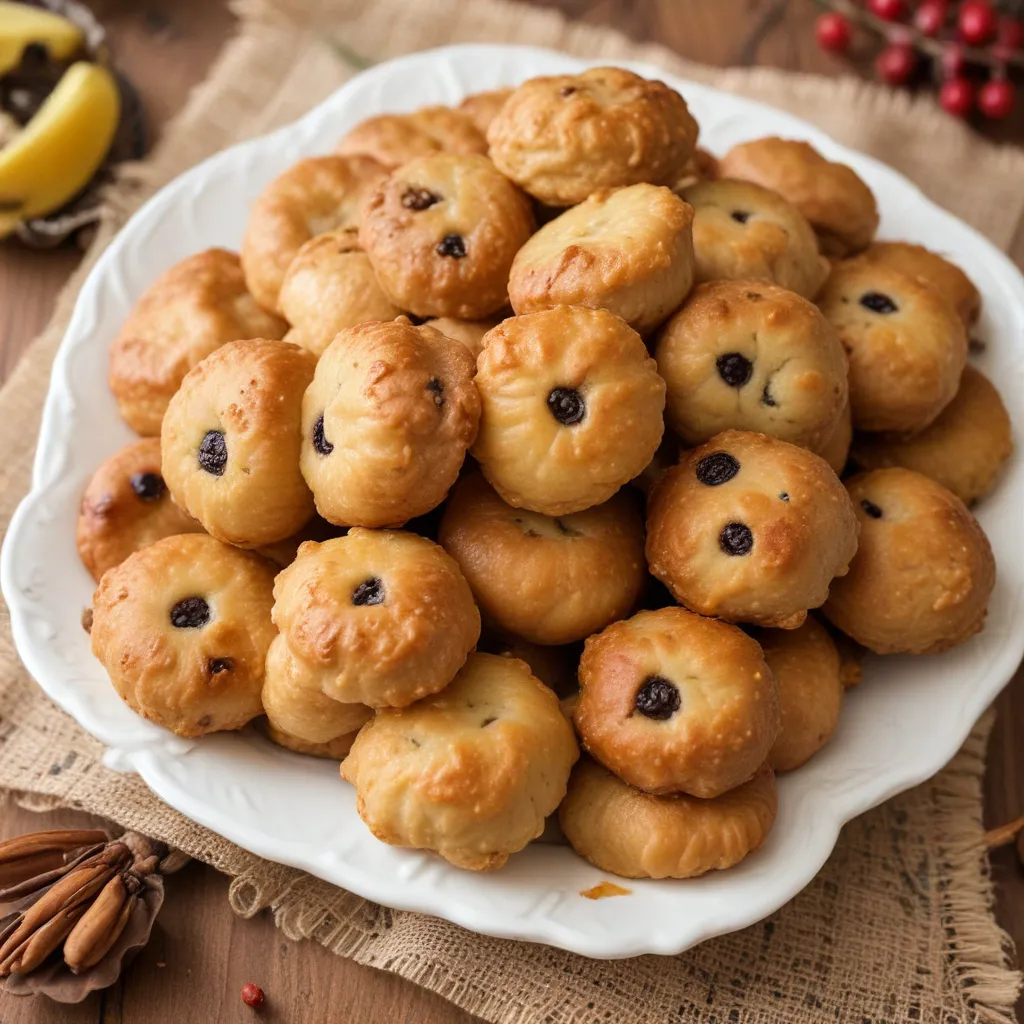
The island of Mallorca is renowned for its rich gastronomic heritage, rooted in the bountiful produce of the Mediterranean. At the heart of this culinary tradition lies the humble yet exquisite pa amb oli – a simple, yet utterly delectable dish that captures the essence of Balearic cuisine.
Traditional Dishes
Pa amb Oli
Pa amb oli, meaning “bread with oil” in the Mallorcan dialect, is a beloved starter or quick dinner that epitomizes the island’s culinary ethos. This rustic delight is a testament to the power of pristine ingredients, where each element – from the pan payés (traditional Mallorcan bread) to the fragrant aceite de oliva virgen extra (extra virgin olive oil) – plays a pivotal role in creating a harmonious flavor profile.
The preparation of pa amb oli is as straightforward as it is masterful. First, a slice of the dense, slightly salty pan payés is toasted until crisp. The warm, golden bread is then vigorously rubbed with a ripe, juicy tomato, its pulp and juice seeping into the porous crumb. A generous drizzle of peppery extra virgin olive oil follows, complemented by a sprinkle of flaky sal maldon (Maldon sea salt).
The true essence of pa amb oli, however, lies in the quality of its components. Mallorca’s tomate de penjar, or “hanging tomatoes,” are a revered local variety, small and bursting with concentrated flavor. These are often paired with the island’s own aceitunas trencades (cracked green olives), fonoll marí (sea fennel), and alcaparras (capers) – all of which add depth and complexity to the dish.
Meriendas de Pasión
Mallorca’s Snacking Culture
In Mallorca, pa amb oli is not merely a dish, but a way of life. It is woven into the fabric of the island’s culinary traditions, serving as a beloved merienda (afternoon snack) or a casual, convivial dinner enjoyed with family and friends.
The pa amb oli ritual is deeply rooted in Mallorca’s Mediterranean culture, where sharing simple, honest fare is a cherished pastime. Whether savored al fresco on a sun-dappled terrace or indoors with a glass of local vino tinto, this humble yet sublime creation embodies the essence of Mallorcan hospitality.
Afternoon Treats
Beyond the classic pa amb oli, Mallorca’s merienda culture is rich with other delightful offerings. The island’s iconic ensaimada, a spiraled pastry made with saim (pork lard), is a beloved accompaniment to a steaming cup of fragrant café con leche. Meanwhile, the coca de trampó, a flatbread topped with tomatoes, onions, and peppers, provides a savory alternative to satisfy the palate.
These afternoon treats, paired with the island’s bounty of almendras (almonds), limones (lemons), and higos (figs), are a testament to Mallorca’s deep-rooted culinary traditions and the islanders’ appreciation for the simple pleasures in life.
Culinary History
Mallorca’s Gastronomic Heritage
The pa amb oli tradition is a testament to Mallorca’s rich gastronomic heritage, which has been shaped by centuries of cultural influences and the island’s bountiful natural resources. The pan payés, for instance, is a staple of Balearic cuisine, its origins dating back to the island’s medieval history.
Likewise, the use of aceite de oliva virgen extra is deeply ingrained in Mallorca’s culinary DNA. The island’s warm Mediterranean climate and fertile soil provide the perfect conditions for the cultivation of world-class olivos, yielding oils that are prized for their complexity and nuanced flavors.
Influence of Mediterranean Flavors
Mallorca’s pa amb oli is a quintessential expression of the region’s dieta mediterránea, a culinary tradition that emphasizes the use of fresh, seasonal ingredients and the harmonious blending of flavors. The dish’s simplicity belies the depth of its origins, which draw inspiration from the broader Mediterranean gastronomic landscape.
The inclusion of tomate de penjar, aceitunas trencades, and fonoll marí in the pa amb oli recipe reflects the island’s proximity to the sea and its rich horticultural heritage. These ingredients, along with the generous use of aceite de oliva virgen extra, form the backbone of Mallorca’s vibrant and diverse culinary tapestry.
Nutritional Aspects
Healthy Fats
At the heart of the pa amb oli lies the aceite de oliva virgen extra, a staple of the Mediterranean diet. This grasa saludable (healthy fat) is renowned for its myriad health benefits, including its ability to promote cardiovascular health, reduce inflammation, and support cognitive function.
The pan payés, while a carbohydrate-rich food, is a complex carbohydrate that provides a steady source of energy and fiber, essential for maintaining a balanced diet. When combined with the nutritious tomate de penjar and the array of verduras and especias that can accompany pa amb oli, the dish becomes a well-rounded and nourishing culinary experience.
Carbohydrate Sources
In Mallorca’s culinary landscape, the pan payés holds a revered position, serving as a versatile and nutritious foundation for countless dishes, including the beloved pa amb oli. This traditional loaf, made with harina de trigo (wheat flour) and a touch of sal, provides a satisfying and complex carbohydrate source that helps fuel the body and satisfy the palate.
The island’s commitment to preserving its agricultural heritage is reflected in the continued cultivation and use of the pan payés, ensuring that this staple remains an integral part of Mallorca’s meriendas de pasión and the broader culinary identity of the Balearic archipelago.
As you explore the vibrant flavors of Mallorca, be sure to savor the simple yet extraordinary pa amb oli, a culinary masterpiece that pays homage to the island’s rich gastronomic legacy and the enduring appeal of the Mediterranean lifestyle. Visit www.winegardeninn.com to discover more about the culinary delights that await you in this enchanting corner of Spain.
